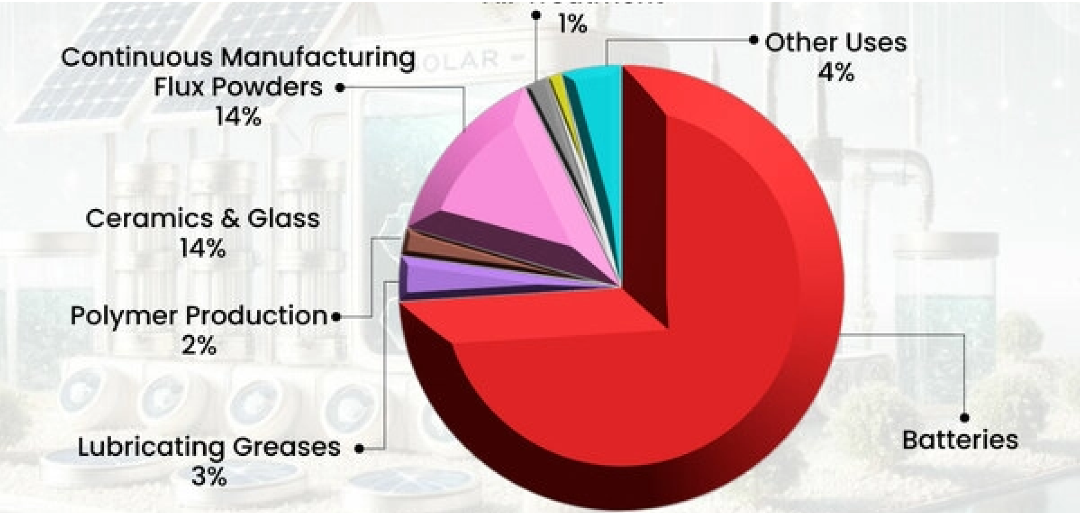Elsevier Unveils ScienceDirect AI in 2025 to Revolutionize Research Efficiency
In March 2025, Elsevier launched ScienceDirect AI, a world-renowned leader in science and health information science. This state-of-the-art generative AI tool can potentially transform the industry with its revolutionary advances in research. This advanced tool has been developed to enhance the productivity of researchers by enabling them to quickly extract, summarize, and compare insights from millions of book chapters and full-text articles available on ScienceDirect, the largest platform for peer-reviewed research.
Literature review is a time-consuming research activity that often takes 25% to 35% of the time. ScienceDirect AI solves this problem using modern AI technology to generate accurate, precise summaries and highlight essential findings, all within the framework of research integrity and reproducibility provided through explicit references to the original materials.
The tool provides a range of powerful features for the research workflow: Ask Science Direct AI, Reading Assistant, and Compare Experiments. The entire global research community helped develop ScienceDirect AI. More than 30,000 researchers and librarians from 70 universities and research-heavy industry partners worldwide helped test and improve the tool. Responses from beta users suggest that ScienceDirect AI can decrease the amount of time spent on literature research by as much as fifty percent, thus speeding up scientific innovation.
The reliability of the information provided by the AI remains a concern to the research community. Because of this, ScienceDirect AI has transparency and precision designed as default features. Every AI-generated response is accompanied by proper citations with direct URLs to the source materials, making it easy for users to check facts while sustaining the integrity of the research.
Introducing Science Direct AI in 2025 represents a significant step forward in applying Artificial Intelligence in academic research. This tool helps automate the processes of knowledge discovery and synthesis, which allows researchers to focus more on analysis and innovation, speeding up the rate of technological and scientific progress.
As research architecture continuously changes, tools such as Science Direct AI indicate the role Artificial Intelligence will play in transforming existing paradigms, enabling ease and accessibility to knowledge in 2025 and after.

